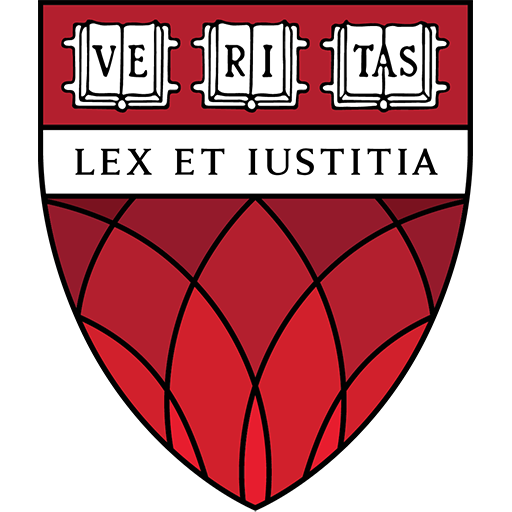
Social & Economic Justice
IHRC strives to build more just and equitable societies and economies in which human rights are respected and protected. We recognize that law and policy choices can produce social inequality, embedding unequal statuses between individuals and groups. In addition, economic inequality between and among countries deprives communities of the resources needed to guarantee human rights. Thus, IHRC’s work in this area seeks to disrupt root causes and underlying systems, and to shift existing power structures so that affected communities can meaningfully influence the social and economic policies that impact their lives and livelihoods. Our work includes efforts to hold governments and corporations accountable for exploitative practices, legal interventions in response to social and economic rights violations, and advocacy for reforms of laws and policies that drive social and economic inequality.
Meet the Clinicians who work in this area:
Representative Projects
IHRC has long worked on socio-economic rights issues in South Africa, including education, housing, land, and water. IHRC has partnered with the Equality Collective to conceptualize and create a community monitoring, reporting, and management system to support access to water in Amathole, South Africa. Students strategized about how the Amathole community can more meaningfully engage in the local municipality’s public participation processes, and crafted recommendations to the municipality to improve the existing water scheme. The clinical team’s research and recommendations led directly to community engagement with local government and to implementation of a pilot water monitoring and reporting system. IHRC has also partnered with Equal Education Law Centre on a variety of cases and campaigns to promote the right to education, including those related to norms and standards for school infrastructure, scholar transport, and the national school nutrition program.
IHRC has ongoing partnerships with organizations advancing the right to work in the informal economy, including the rights of women employed in precarious work. IHRC has provided legal support to networks of informal economy workers as they challenge exploitative labor standards and attempts by municipal governments to suppress their livelihoods. IHRC has also provided strategic advice about the use of human rights law and mechanisms to complement the standards of labor law, which confers protections almost exclusively to those in standard employment relationships. This additional protection is crucial because 61 percent of the world’s workforce—including nearly 70 percent of the workforce of developing and emerging economies—gains a livelihood from informal employment. IHRC is also part of a collation of international human rights and international labor law organizations responding to harsh eviction campaigns against street vendors in urban centers in Africa.
